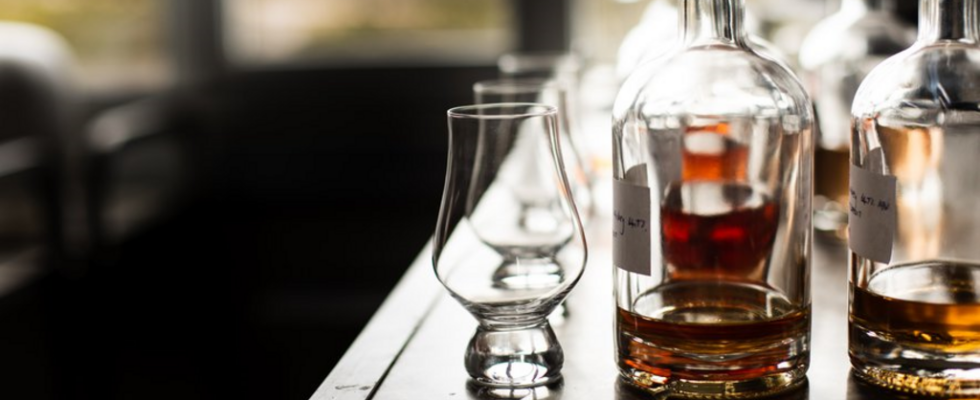During the holidays, alcohol often accompanies meals. In South Africa, the federation of drinks producers warns of the dangers of contraband, which represents around a quarter of the alcohol in circulation in the country. Drinking professionals point out that the health risks are numerous. These contraband alcohols, often adulterated, can cause serious damage to the nervous system. Consumers are called upon to be extremely vigilant.
1 minute
With our correspondent in Johannesburg, Valentin Hugues
These are drinks illegally imported from other countries in South Africabut also made on site in an artisanal way. An illegal factory was recently dismantled in the Cape Town region in the south of the country. Alcohol was diluted with chemicals.
This is what concerns the professionals of the drinks establishment. In these adulterated alcohols, we sometimes find arsenic or even methanol. Chemical components that make it possible to produce at lower cost, but which are dangerous for health with risks of poisoning, sometimes fatal.
Moonshine is flowing freely
No statistics are available on the number of poisonings recorded in the country, but each year, 500 million liters of illegal alcohol are consumed in South Africa, according to the anti-crime organization Tax Justice South Africa.
In the midst of the holiday season, beverage professionals know that alcohol sales are increasing. The objective is therefore to remind consumers of some basic rules such as being wary of bottles which display a price much lower than those on the market, or seriously checking each label before purchasing. The presence of spelling mistakes can, for example, mean that it is contraband alcohol.
Also readTunisia: the problem of adulterated alcohol, revealing the ills of a marginalized society
